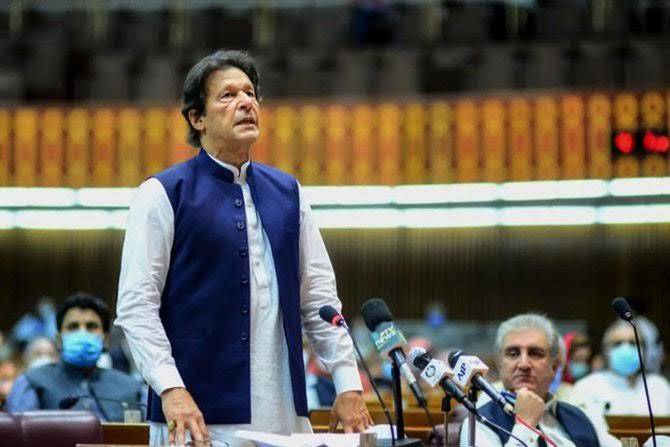Sri Lanka prepares to welcome Pakistani Prime Minister Imran Khan on Feb. 23, several members of the island’s Islamic community hoped the visiting dignitary would raise his concerns during talks with key government officials.
On Tuesday, Sri Lankan speaker Mahinda Yapa Abeywarden, after a discussion with party leaders the day before, said Khan would speak to lawmakers on Feb. 24.
Khan becomes the third Pakistani head of state to address the Langan Parliament, after former President Mohammed Ayub Khan (1953) and Prime Minister Zulfikar Ali Bhutto (1973).
You May Also Like: PM khan expressed his condolences for the peoples of Beirut
Former Indian Prime Minister Jawaharlal Nehru was the first foreign dignitary to address the Lankan Parliament in 1962, followed by British Prime Minister Margaret Thatcher in 1985.
Indian Prime Minister Narendra Modi recently spoke to the Lankan legislature in 2015. During his two-day visit to the country, Khan is expected to hold talks with President Gotabaya Rajapaksa, Prime Minister Mahinda Rajapaksa and Foreign Minister Dinesh Gunawardena.
However, prominent representatives of the island’s 2 million Muslims, who make up 9 percent of the total population, said they expect the “great Muslim leader” to “speak for us.” “The community would like to welcome a great Muslim leader who comes first as Prime Minister of his country.
He is able to speak on behalf of Sri Lankan Muslims,” N. M. Ameen, chairman of the Sri Lanka Muslim Council, told the media Rishath Bathuideen, former minister and chairman of the All Ceylon Makkal Congress, who met with business partners of the Pakistan High Commission in Colombo on Tuesday,We have expressed our concerns, especially with the Muslim community about the forced cremation policy of the government for COVID-19 victims.
Last year, the Sri Lankan government was charged with cremating someone of power who has been confirmed or suspected of being dead by COVID-19. The movement enraged Muslims, who said it violated their religious rights, despite medical experts claiming there was no evidence that the disease could be transmitted through corpses.


